PHOTOGRAPHIC CONTEXT AND HISTORY (on going)
BOKEH
Japanese word for SENILITY or DIZZINESS, and by extension, haze or blurBackground blur w/shallow plane of focus (wide aperture)
The shape of bokeh is determined by the shape of the aperture blades.

EXPOSURE TRIANGLE

APERTURE
TRUE: the larger the aperture, the more out of focus the background will be.
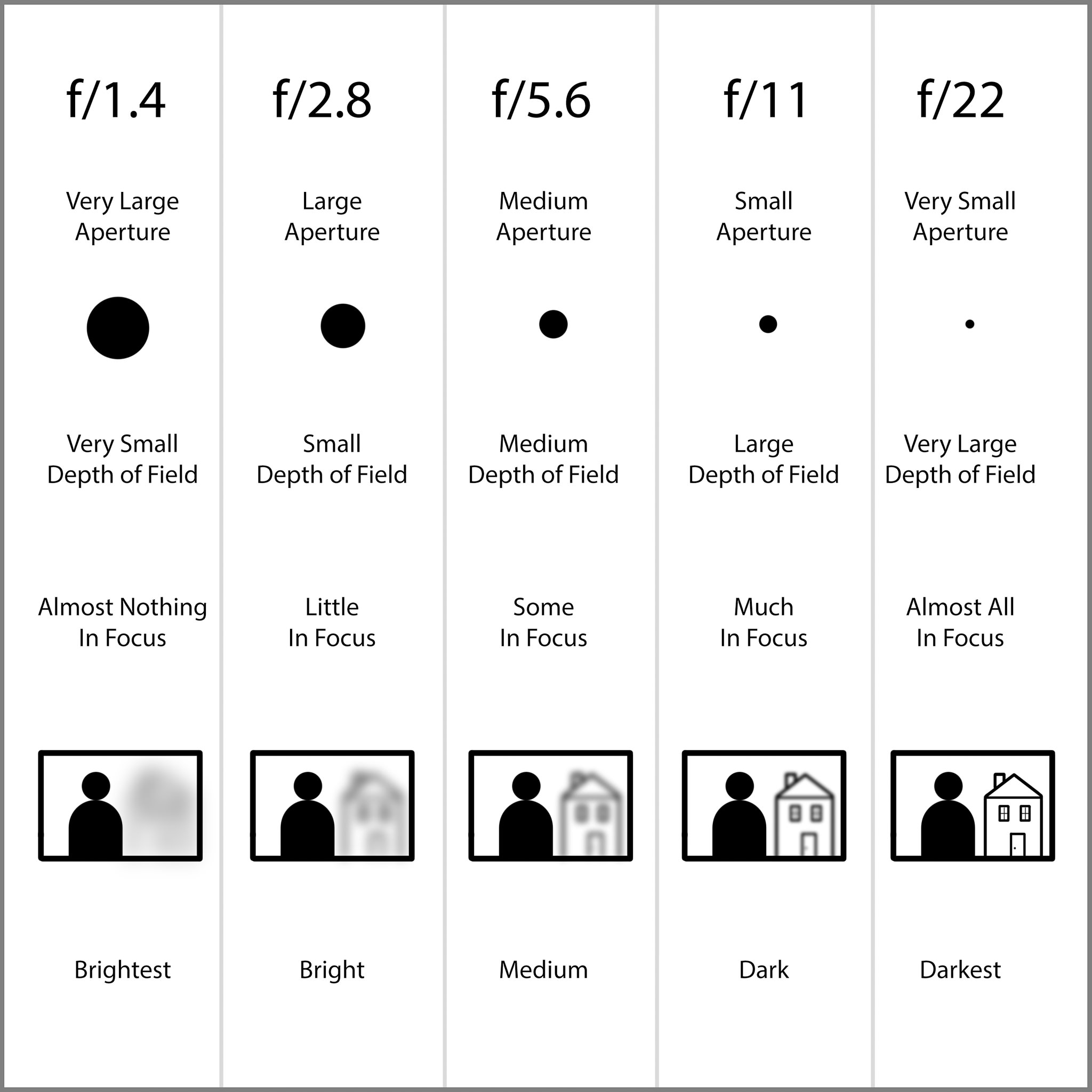
ISO
the sensitivity of the film/sensor.
Choose the appropriate ISO for your light need. 

EUGÈNE ATGET
1857-1927
French
Known for his photographs of Paris streets, architecture, and the occasional person.
Long exposure times create a dreamlike sense of light in his image.
Most of his work was published after his death.



ALFRED STIELITZ
1864-1946
US
Important figure regarding the promoting of photography as a viable ART form.
Was a publisher, patron, collector, gallery owner, promoter... of all kinds of art.
Married to the painter Georgia O'Keeffe
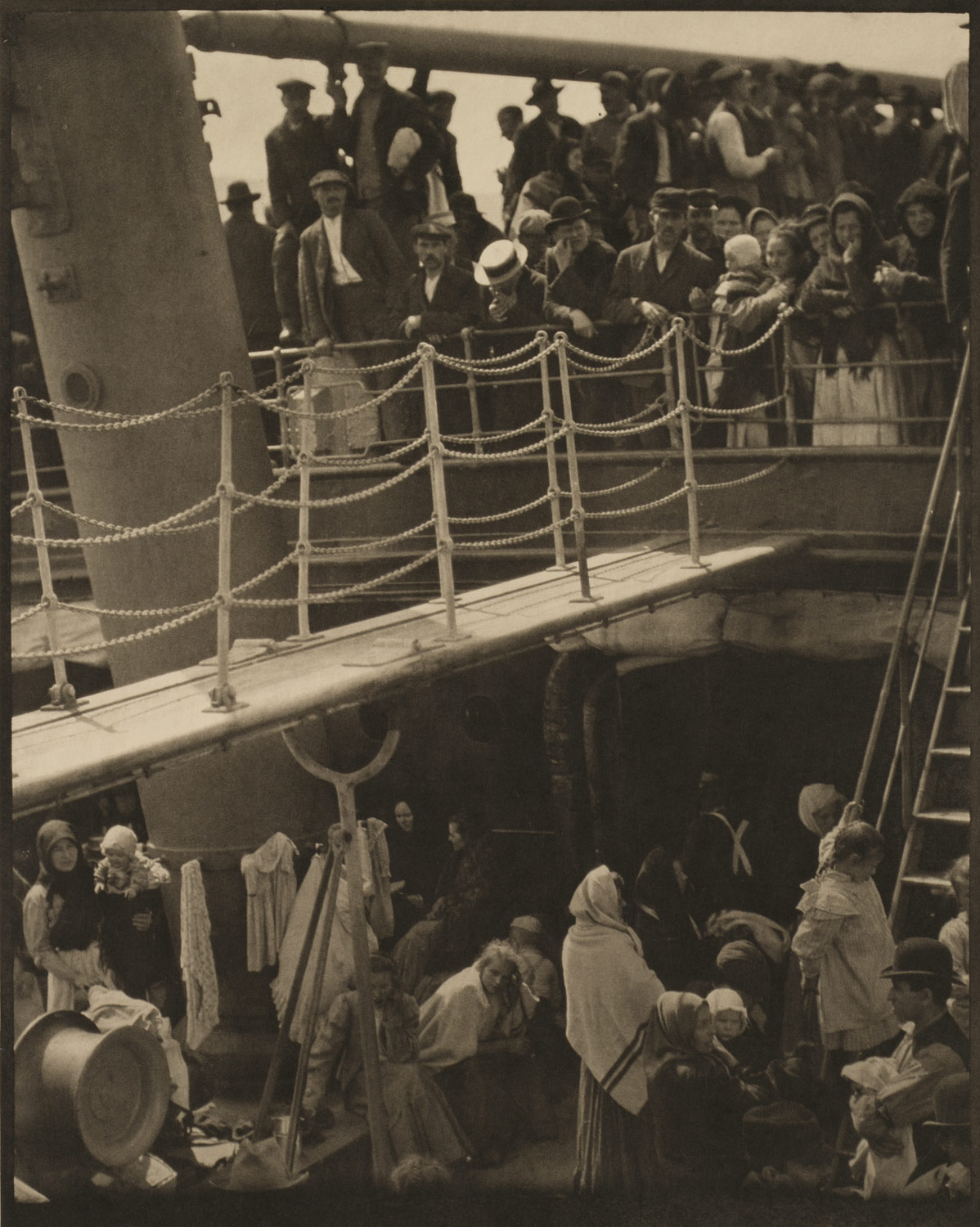
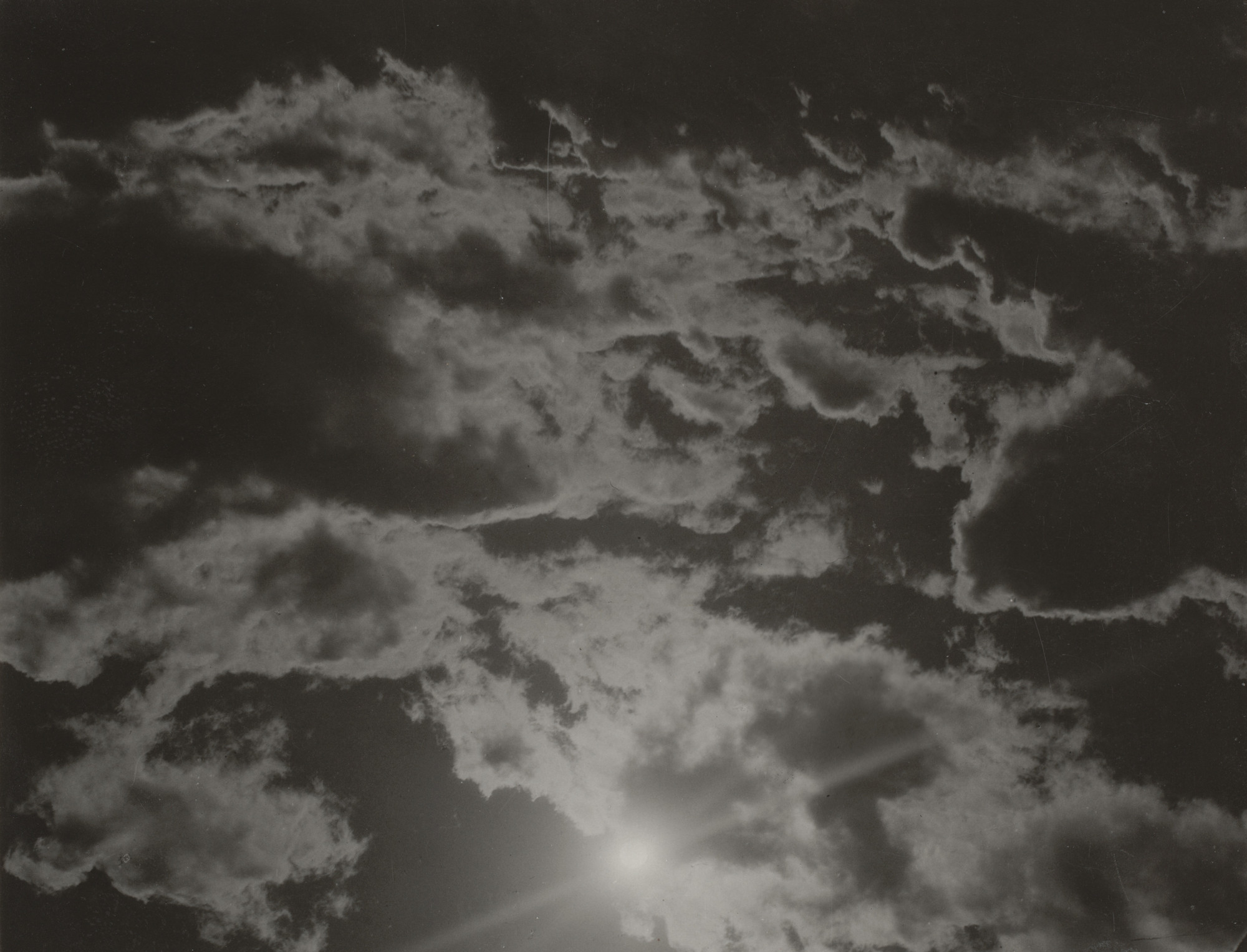
"I have always been a great believer in today. Most people live either in the past or in the future, so that they really never live at all. So many people are busy worrying about the future of art or society, they have no time to preserve what is. Utopia is in the moment. Not in some future time, some other place, but in the here and now, or else it is nowhere."



EDWARD STEICHEN
~life years: 1879-1973
~Nationality:Luxembourgish
~Quote: "Every other artist begins with a blank canvas, a piece of paper the photographer begins with the finished product"
4 note worthy facts about him:
~One of Steichen's most famous works is ‘The Pond–Moonlight'. One of the three known prints in existence sold for $2.9 million in 2006
~He was awarded the Presidential Medal of Freedom by Lyndon Johnson on December 6, 1963.
~When the Second World War broke out, Steichen left his job at Condé Nast and worked for the US Navy as director of the Photographic Unit. Here he worked on the documentary The Fighting Lady, which won an Oscar in 1945



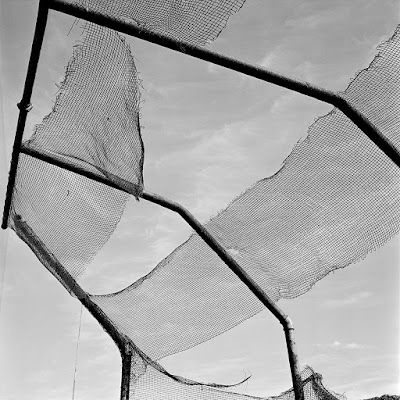

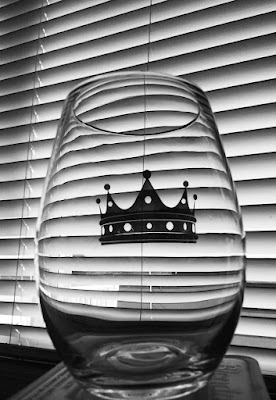
Comments
Post a Comment